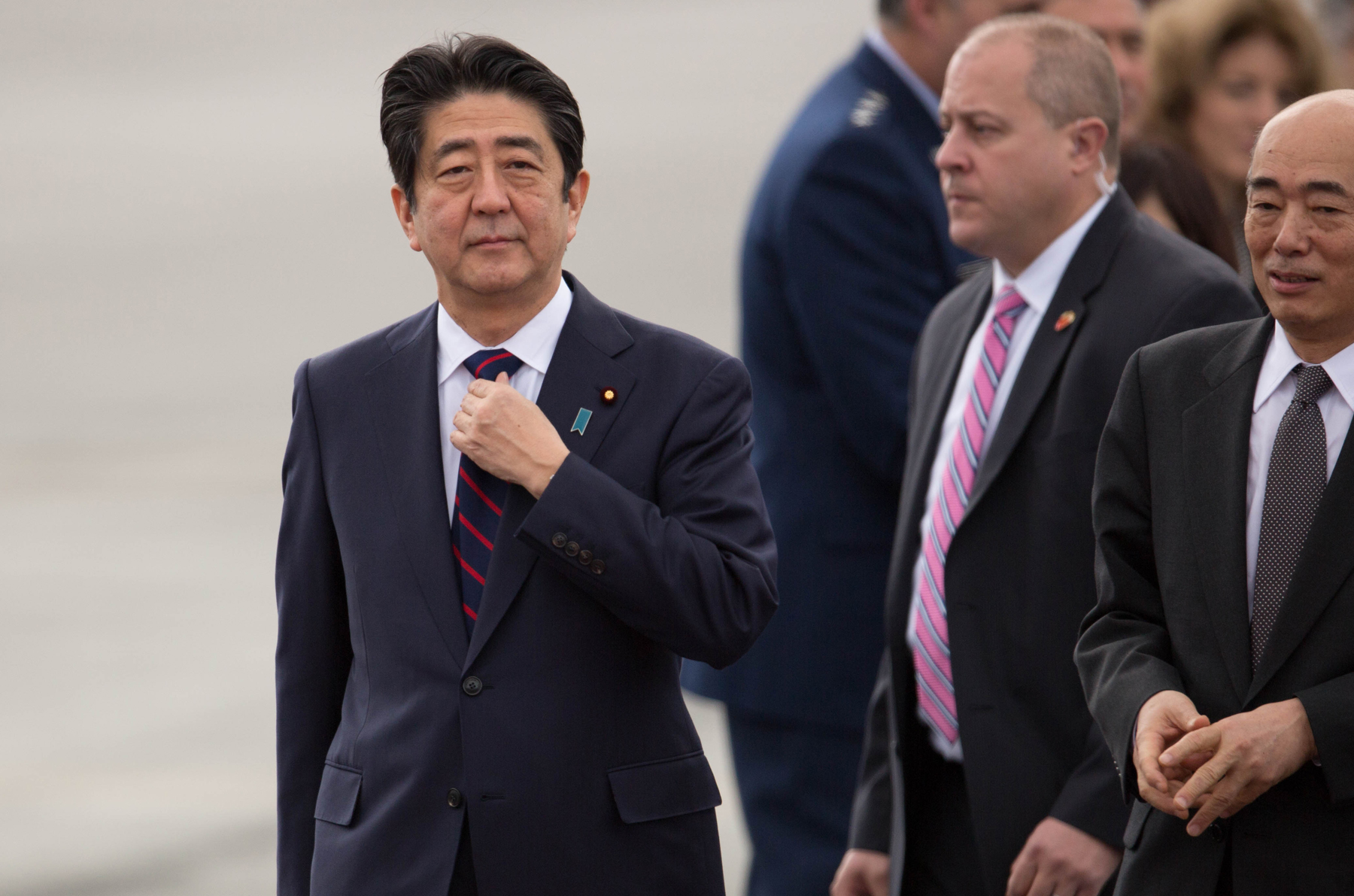
This article originally appeared in the Globe and Mail.
By Jonathan Berkshire Miller, July 12, 2022
The tragic news of former Japanese prime minister Shinzo Abe’s cruel assassination last week shocked Japan and the world. Tributes poured in from world leaders from Israel to India, Belgium to Brunei, and many more, attesting to his global influence – and rightly so.
His sudden and unfair demise also occurred at an awful time in geopolitics, when the powers of hate and division appear to be overmatching the primacy of justice and peace, including in Russia’s brutal war in Ukraine. And while his killing is unrelated to global ills such as the pandemic and the anxious global economy, it feels like it represents another metaphorical spear to the torso of the beleaguered international rules-based order.
But Mr. Abe’s tenure as the longest-serving and arguably most influential prime minister of post-war Japan – having led the Japanese government from 2006 to 2007 and again from 2012 to 2020, offers an important lesson in these trying times: one of leadership, courage, and persistence regardless of the headwinds.
Mr. Abe was not a perfect leader. His detractors will call him an “ultranationalist,” or frame him as a hawk who wanted to constrain China’s rise. Others may fairly criticize his policies, including the “Abenomics” stimulus policies that have delivered mixed results, or his determined engagement with Russian President Vladimir Putin aimed at resolving a decades-long territorial row between the two sides.
However, such critiques fail to assess the true aspirations and vision Mr. Abe had as a leader and statesman.
It began in 2007, when Mr. Abe’s ill-fated and familiarly brief first run as prime minister was cut short by poor health and low popularity. Rather than fall into the mould of so many of his predecessors, however, Mr. Abe was determined to earn the top job again, and when he was elected in 2012, he sought to make the most of his second chance.
Domestically, Mr. Abe helped reignite Japan’s economy after decades of stunted growth through his bold Abenomics policies. On the security front, he made groundbreaking reforms to Japan’s dated national security architecture, and enhanced Tokyo’s role as a reliable ally to the United States, but also as a security partner and provider to the Indo-Pacific region more broadly.
Indeed, while he made great strides at home, his most enduring legacy will perhaps be international. Mr. Abe led Japan during a period where globalism was under siege. The rise of China economically over the past two decades has been a boon to the economies in Asia, including Japan, but Beijing has also become more assertive militarily and more willing to ignore the rule of law to achieve its aims. That left Mr. Abe and others in the region no choice but to deter and defend the status quo. Mr. Abe’s prescription of a Free and Open Indo-Pacific (FOIP) was intended not to contain China, as many of his critics claim, but to uphold common values, norms and laws that buttress a shared rules-based order in the region where all can benefit.
But Mr. Abe’s career-defining period arguably came during the administration of former U.S. president Donald Trump. While Mr. Abe did court Mr. Trump at times, in the interest of managing Japan’s essential alliance with Washington, his defence and leadership of global institutions and values at the time leaves a lasting legacy that transcends his successors in Tokyo. Examples include Mr. Abe’s leadership to press forward with the Trans-Pacific Partnership trade agreement, despite the U.S.’s 2017 defection, and his persistent defence of global trade rules and institutions at a time where “global trade” was a curse word in Washington.
Mr. Abe effectively took Japan out of years of sleepwalking on the global stage, a period in which the country was present in international forums but had not been the respected leading voice it is now.
Today, however, global leadership remains elusive and authoritarians are on the march, from Europe to the Indo-Pacific. At times, it feels like the international system is broken and unfixable, with democracies appearing fractured and despondent. But Mr. Abe’s voice would caution against such fatalism and similarly warn against the triumphalism we now frequently hear in Moscow and Beijing, amongst others, about the demise of the West. The rules-based order is worth fighting for. Mr. Abe knew it, and we should heed his call.
Jonathan Berkshire Miller is director and senior fellow, Indo-Pacific at the Macdonald Laurier Institute.





